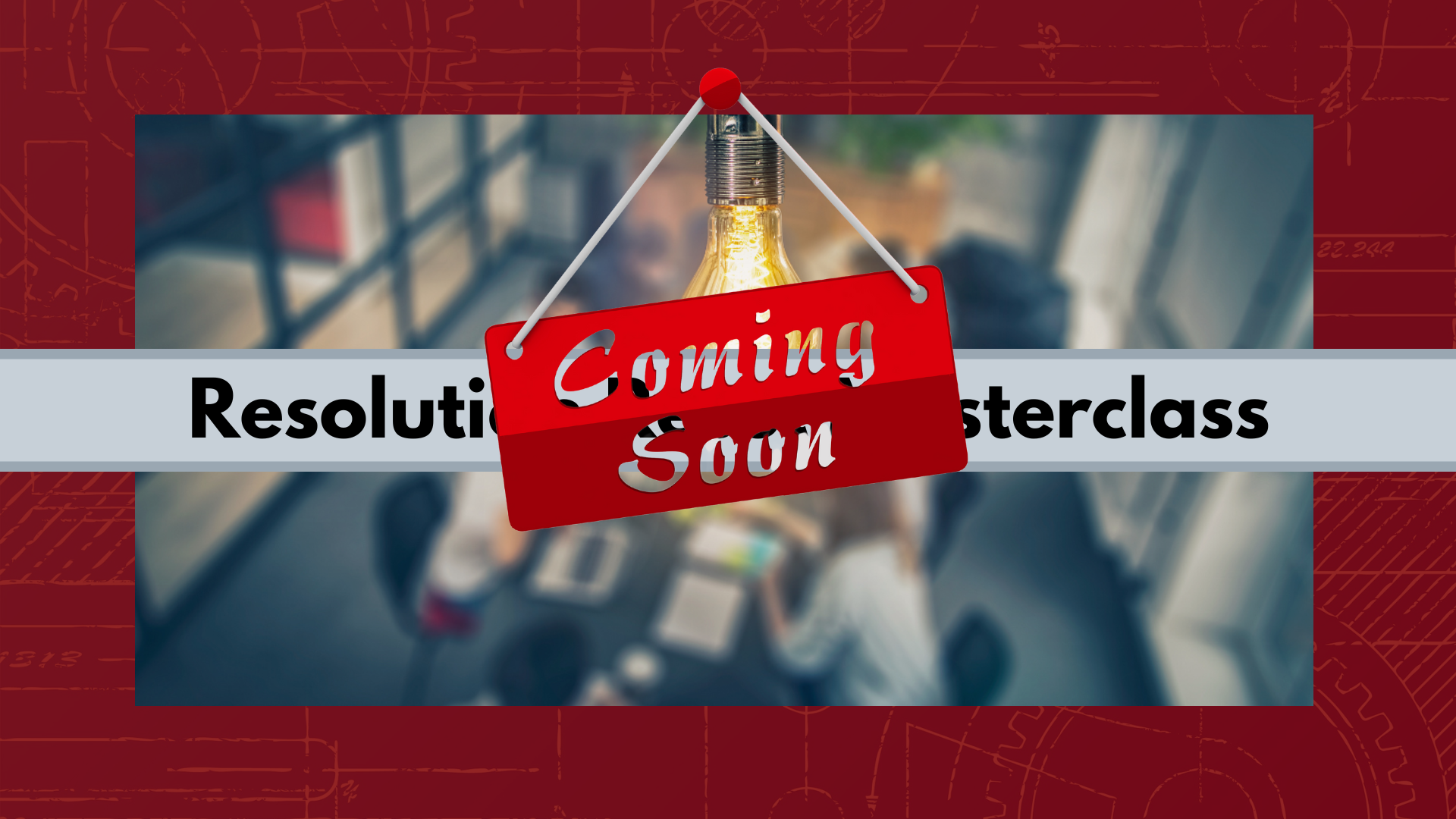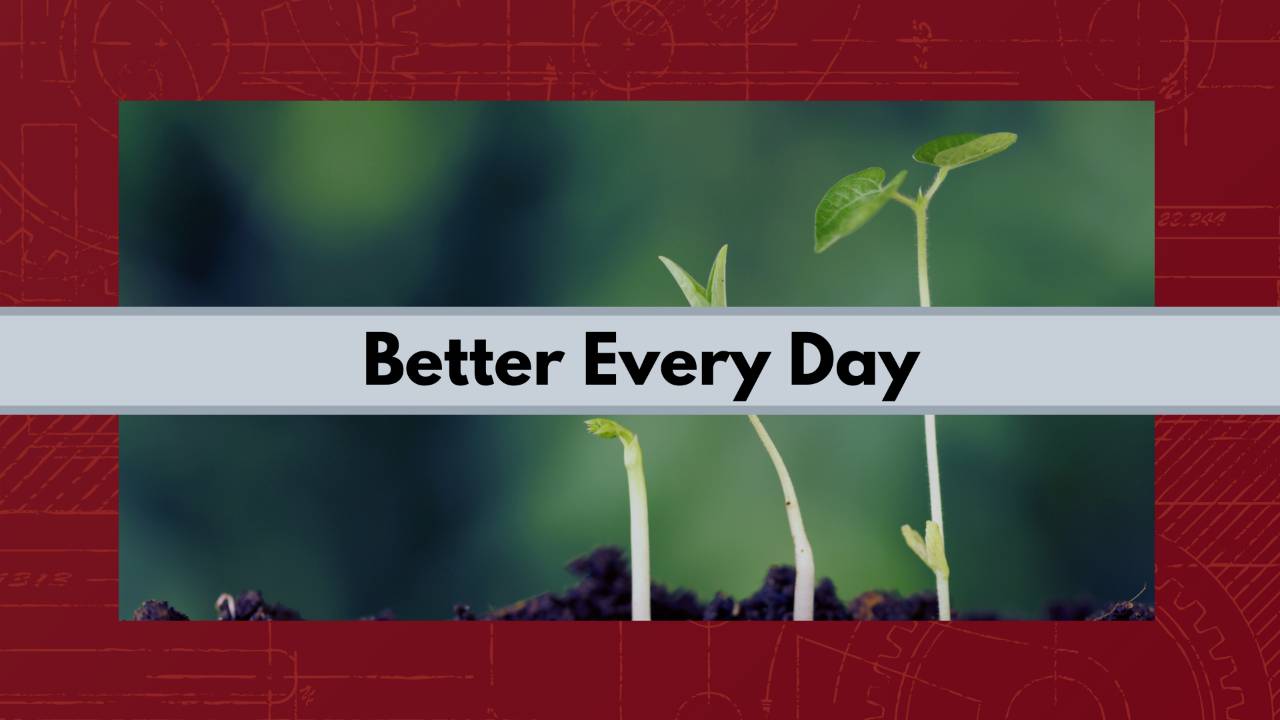Better Every Day
Your 52-Week Journey for Peak Performance
Whether you're an entrepreneur, an artist, a student, or someone just passionate about lifelong learning and self-improvement, "Better Every Day" is curated to fuel your fire. If you believe in the power of consistency and value the gratification that comes from personal growth, this journey is for you.
|
In this lesson, we will explore the critical role of self-awareness for peak performance, and personal development.
In today’s rapidly changing world, the journey to personal and professional excellence is a multifaceted one. Yet, among various strategies and techniques, the essence of self-awareness remains universally recognized as critical. It serves as an internal compass, guiding individuals through the nuances of their inner selves. Let’s take an in-depth look at why fostering a profound sense of self-awareness is crucial for performance enhancement.
1. Unveiling Strengths and Weaknesses:
An intimate understanding of oneself makes it possible to chart out areas of proficiency and areas that need attention. By celebrating strengths, individuals can strategically place themselves in roles and tasks where they shine brightest. On the flip side, recognizing weaknesses isn’t a sign of defeat. Rather, it’s a beckoning towards areas of growth. Dr. Travis Bradberry, known for his work on emotional intelligence, suggests that self-awareness goes beyond mere momentary emotions—it's a comprehensive understanding of one’s habits, tendencies, and inclinations.
2. Mastery over Emotional Landscape:
A finely tuned self-awareness acts as an anchor in the tumultuous sea of emotions. It's not just about recognizing an emotion as it arises, but also understanding its origin, impact, and how to navigate it. This emotional agility enables individuals to remain balanced in challenging situations. Research from the Yale Center for Emotional Intelligence underscores the importance of emotional awareness, illustrating its role in effectively managing negative emotions and prolonging positive ones.
3. Improved Decision-Making:
Every decision, big or small, is influenced by our emotions, biases, and personal experiences. With heightened self-awareness, individuals are better positioned to sift through these influences, making choices that are objective and aligned with their goals. Dr. Tasha Eurich’s studies emphasize how self-aware leaders often steer their companies towards increased profitability and success, primarily because of their balanced decision-making abilities.
4. Deepening Interpersonal Dynamics:
Beyond the self, awareness extends to understanding others. When you're attuned to your emotional responses and behavioral patterns, you inherently develop a sensitivity towards others’ emotions and reactions. This leads to improved communication, trust-building, and collaboration. A study in the Harvard Business Review highlighted how teams led by self-aware individuals demonstrated greater satisfaction and enhanced overall performance.
5. Paving the Way for Continuous Growth:
Committing to self-awareness is akin to pledging allegiance to lifelong learning. With every introspective insight, there’s an opportunity for adaptation, refinement, and growth. Professor Carol Dweck’s research on the "growth mindset" is a testament to this. By viewing challenges as opportunities rather than threats, individuals with a growth mindset, underpinned by self-awareness, tend to exhibit resilience and a relentless pursuit of excellence.
6. Aligning Values and Actions:
A heightened self-awareness also brings clarity to one's core values. This alignment ensures that actions, decisions, and behaviors are consistent with one's beliefs, leading to a more authentic and fulfilling life.
7. Proactive Response to Change:
In an ever-evolving landscape, those with heightened self-awareness can anticipate and adapt to changes more quickly. By understanding personal reactions to various situations, they can strategize and respond rather than react.
The journey towards self-awareness is continuous. From personal growth to professional achievements, you will see this thread of self-awareness woven throughout every aspect of life.
References:
Bradberry, T., & Greaves, J. (2009). Emotional Intelligence 2.0. TalentSmart.
Brackett, M. A., & Mayer, J. D. (2003). Convergent, Discriminant, and Incremental Validity of Competing Measures of Emotional Intelligence. Personality and Social Psychology Bulletin.
Carmeli, A., Brueller, D., & Dutton, J. E. (2009). Learning behaviors in the workplace: The role of high‐quality interpersonal relationships and psychological safety. Systems Research and Behavioral Science.
Dweck, C. S. (2006). Mindset: The new psychology of success. Random House.
Eurich, T. (2018). What Self-Awareness Really Is (and How to Cultivate It). Harvard Business Review.
Key Actions [Pick one]:

Daily Journal
At the end of each day, ask yourself questions like "What challenged me today?" or "What did I learn about myself?"

Solicit Feedback
Intentionally gather feedback from peers, subordinates, and superiors. Ask specific questions like, "How could I have communicated that more effectively?"

Self-Assessment Tools
Tools like the Values in Action (VIA), Strengths Finder, and emotional intelligence tests can offer insights into personality traits and emotional tendencies.
ONLINE COURSE
Resolution Reset Masterclass
We're excited to announce that our 12-week neuroscience-based goal setting and habit-building program will be re-released by January 1, 2024.
Learn More
Not a member of the 'Better Every Day' program?
Join our FREE 52-week program where we will send you exclusive content and training delivered to your inbox each week.
Get Started Now!!



